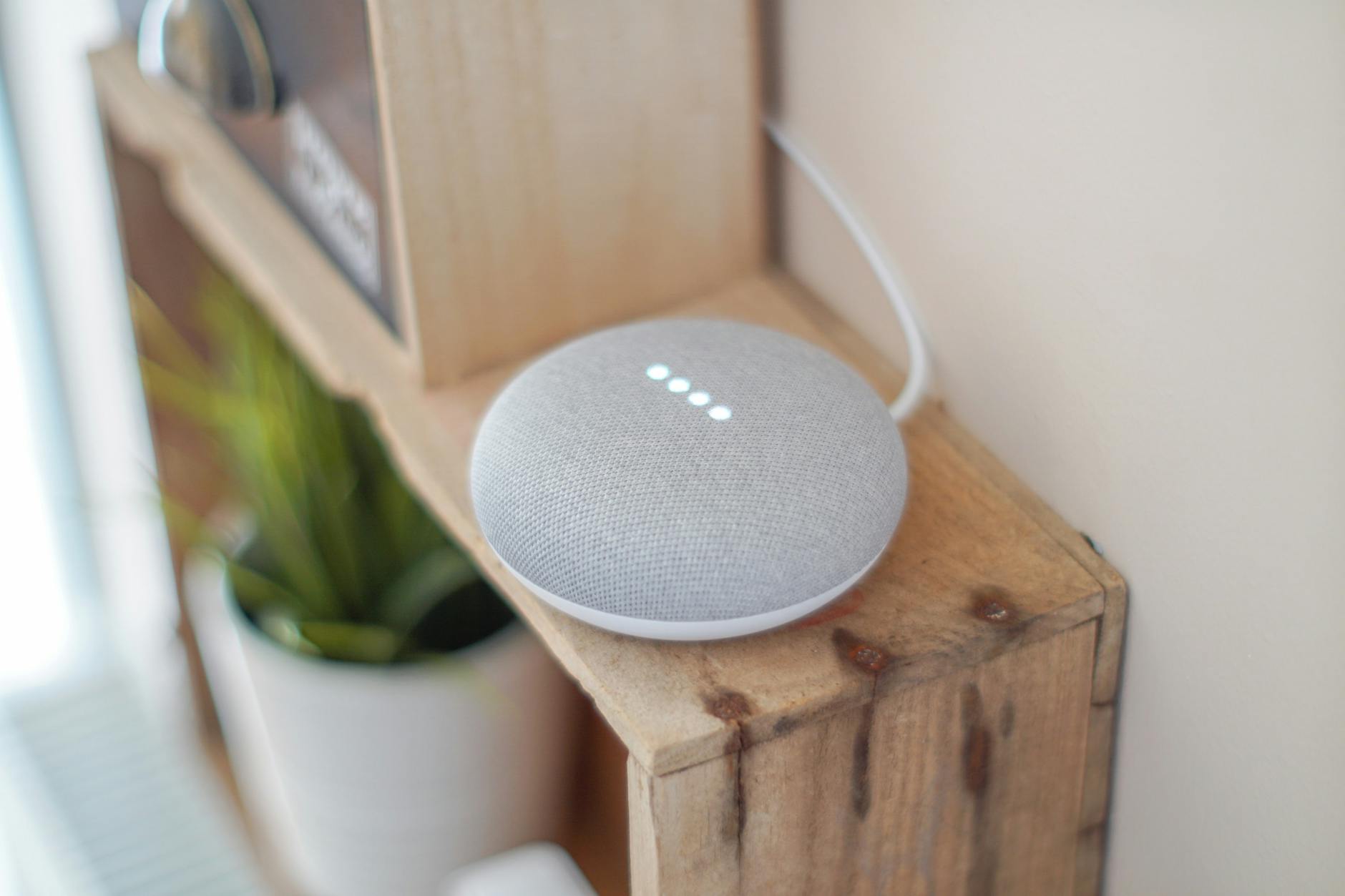Discover how the Internet of Things is transforming our living spaces and urban landscapes in ways you never imagined.
Table of Contents
Hey there, tech enthusiasts! Ever wonder how your smart fridge knows when you’re running low on milk? Or how your city is becoming smarter by the day with interconnected sensors and devices? In this blog post, we’ll dive into the fascinating world of IoT (Internet of Things) and explore how it’s transforming not just our homes but also entire cities.
The Impact of IoT on Daily Life
IoT has revolutionized the way we interact with our homes and appliances. From smart thermostats that learn your temperature preferences to wearable devices that track your health and fitness, IoT is all around us. It’s not just about convenience – it’s about creating a more connected and efficient way of living.
Imagine coming home to a house that adjusts the temperature and lighting to match your preferences. Or receiving notifications on your phone when it’s time to water your plants based on soil moisture levels. This level of automation and personalization is all thanks to the power of IoT.
Smart Cities and Sustainable Living
But IoT isn’t just limited to our homes – it’s also making a huge impact on urban environments. Smart cities use IoT technologies to improve sustainability, efficiency, and quality of life for residents. From smart traffic lights that adjust based on traffic flow to waste management systems that optimize collections, IoT is transforming the way cities operate.
By integrating sensors and data analytics, cities are able to reduce energy consumption, decrease traffic congestion, and improve public safety. Imagine a city where streetlights automatically dim when no one is around or trash bins that notify waste collection services when they’re full. These are just a few examples of how IoT is revolutionizing urban living.
Challenges and Concerns in IoT Implementation
While the benefits of IoT are undeniable, the technology also comes with its own set of challenges and concerns. Security is a major issue, as interconnected devices can be vulnerable to cyber attacks if not properly protected. Privacy is another concern, as the amount of data collected by IoT devices raises questions about who has access to that information.
| Topic | Description |
|---|---|
| Smart Homes | Home automation systems that use IoT technology to control lighting, heating, and electronics remotely. |
| Smart Cities | Urban areas that use IoT sensors and data analytics to improve infrastructure, transportation, and public services. |
| IoT | Internet of Things technology that connects everyday objects to the internet, allowing them to send and receive data. |
| Power of IoT | The ability of IoT technology to drive efficiency, sustainability, and innovation in both home and city environments. |
Additionally, interoperability and data standards are key challenges in IoT implementation. With thousands of different devices from various manufacturers, ensuring that they can communicate with each other seamlessly is no small feat. These hurdles must be addressed to fully harness the potential of IoT.
The Future of IoT and Your Role in It
As IoT continues to evolve and expand, the possibilities are endless. From smart agricultural practices that enhance food production to machine-to-machine communication that drives industrial automation, IoT is reshaping every aspect of our lives.
So, what can you do to stay informed and involved in this technological revolution? Keep learning about new IoT technologies and their applications. Stay updated on the latest trends and innovations in smart homes, smart cities, and beyond. And most importantly, advocate for responsible and ethical use of IoT to ensure a sustainable and secure future.
Join the conversation and be a part of shaping the future of IoT – because the possibilities with this technology are limitless.
What are your thoughts on IoT and its impact on society? Share your views in the comments below!
Frequently Asked Questions (FAQ)
How does IoT benefit our daily lives?
IoT enhances our daily lives by providing convenience and efficiency through smart devices that automate tasks, personalize experiences, and improve safety and security in our homes and communities.
What are some of the challenges in implementing IoT technology?
Challenges in implementing IoT technology include security vulnerabilities, privacy concerns, interoperability issues, and the need for data standardization among the various devices and systems connected in the IoT ecosystem.
How are smart cities using IoT to improve sustainability?
Smart cities leverage IoT technologies to optimize energy consumption, reduce traffic congestion, manage waste more efficiently, and enhance public services, contributing to a more sustainable and eco-friendly urban environment.
What can individuals do to get involved in the IoT revolution?
To get involved in the IoT revolution, individuals can stay informed about new IoT technologies, support ethical and responsible IoT practices, advocate for data security and privacy, and explore ways to contribute to the development of smarter homes and cities through IoT innovations.

No comments:
Post a Comment